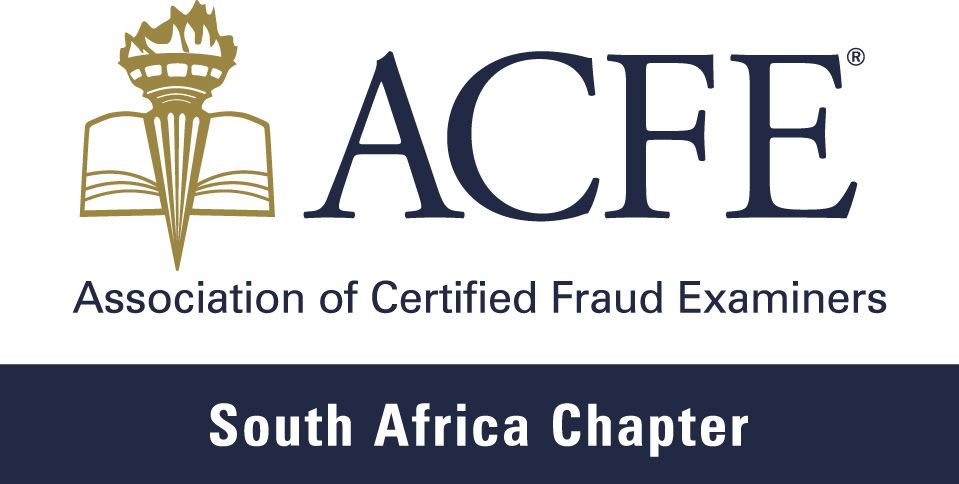419 Scams: What are They, and How Can We Avoid Them?

BY JACQUES VAN WYK | Have you ever received an email originating in West Africa (commonly Nigeria), from someone who needs your help getting money out of the country? They ask that you pay the associated costs of doing so, and in return promise you a healthy cut - often in the region of tens of thousands of Dollars, and sometimes significantly more. “All” they need in order for you to get you share is an upfront payment.
Of course, once you make the payment, you never hear from the person again – unless it’s a request for more money. And needless to say, you never get your promised share. Because of course, there was never any money to begin with. It was all just an elaborate scam to fleece ou of your hard-earned cash. Welcome to the world of 419 scams.
What is a 419 Scam?
419 scams originated in Nigeria in the 1980s, and are named after an old Nigerian criminal code for “theft under false pretences.” The above example is just one of the common stories clever fraudsters spin in order to con cash from innocent people. Other popular angles include the chance to invest in a business venture which, of course, does not exist. Or the opportunity to share in an extraordinarily large inheritance. Sometimes they take the emotional blackmail angle, claiming someone has died or is gravely ill.
Here are some other variations to watch out for (thanks to Bob Bhawanibheekh for his valued contribution):
Phishing – fraudsters trawl through online profiles on social media to gain insights into potential victims’ level of wealth before slowly seducing them with professions of romantic interest and then later asking them for financial assistance. By this stage, the victim in smitten and will do anything to help.
Credit Card Scams – A person’s personal information is hacked and used to obtain a credit card, which is then used to make large purchases.
The details vary but the modus operandi is usually the same – there is a request for your banking details and an advance sum of money “to facilitate the payment” of your promised funds. Naturally, this money never comes, you lose the cash you forwarded, and sometimes the thieves manage to access your bank account and steal even more.
How to spot a 419 Scam
419 scams always arrive as an email, and usually contain a request for personal information – bank account numbers, a blank letterhead or other identifying information. The sender frequently claims to be someone in a position of authority, such as a lawyer, bank or government official, or a doctor. They don’t address you by name, but manage to give the impression that you are the specific person they want to get in touch with. In reality, of course, they send the same email to as many people as possible.
The request for an initial payment is justified in many ways: legal fees, bribes to government officials or payment of applicable taxes. Once you make the first payment, there are frequently more requests for additional funds – usually for larger and larger amounts. As soon as you smell a rat and stop sending money, scammers then use the personal details you’ve sent to hack your bank account and help themselves.
To most people, 419 scams are so obviously exactly that – scams – that they find it hard to believe anyone would actually fall for them. Who would pay money to someone they’ve never met, in return for a share of what surely seems an unlikely amount of cash, they ask?
Sadly, the answer to that question is “plenty of people.” And not just in South Africa. A report by ADT Security Services states that in 2018, Americans lost over $700 000 in this manner. The average loss per person was around $2 000. Some people are even lured to Nigeria to meet the scammers in person, only to realise far too late that they have been the victims of fraud. The Nigerian government has no sympathy for you if this is the case, and may even prosecute you for being involved in an illegal operation.
So the question is, why do people keep falling for 419 fraud? What is it about something that seems, to most of us, to be so obviously a scam, that somehow manages to suck people in?
Why do people fall for 419 Scams?
Unfortunately, we live in tough and, for many, desperate, times. 419 scams present irresistible temptation for people who’ve fallen on hard times and are attracted to the thought of “easy money.” The scams present the opportunity to make a lot of money for little or no effort, and this is an offer many find too good to refuse.
Sometimes, depending on how the scam is presented, it appeals to our need to feel good about ourselves by helping someone in trouble. Dangle a pitiful orphan or a sick and elderly relative in front of a big-hearted person and you have the perfect scenario for a successful scam.
Most scammers target victims they feel will be “easy prey.” Typically, these are widowed men and women aged between 45 and 75. This demographic is perceived as being frequently lonely with a bit of extra money lying around – the perfect hunting ground for unscrupulous fraudsters.
The problem with 419 scams is that, although they use email and the internet, they’re not actually technical crimes, they’re human ones. They exploit human vulnerabilities, not cyber ones, so no amount of anti-virus software, firewalls or high-tech computer security is going to stop them.
We are inherently, endearingly, naïve, and it’s this naivete that makes us easy targets.
How to avoid becoming a 419 victim
If you receive an email – from Nigeria or anywhere else – asking you for your banking details or any other personal information, do not reply! If you receive notification that you’ve won a substantial amount in a lottery – even if you haven’t bought a ticket – you haven’t, promise! Don’t reply! If you get an email informing you of a large inheritance coming your way from a relative you didn’t know you had, it’s because no one you know has died! Don’t reply!
Forward any such emails to the South African Police Services at 419scam@saps.org.za
And if you are one of the many unfortunate people who has already fallen victim to one of these scams, please contact the SAPS immediately. As long as these scammers continue to make money (and some can make up to $60 000 a year!) they will carry on looking for innocent people to fleece. But if we take a stand, and report them – to the police and to our email service providers – we can hopefully bring an end to this insidious practice.
JGL Forensic Services is a multidisciplinary team of experienced forensic accounting and investigation professionals. We strongly believe in the rule of law and the scientific method as it applies to forensic accounting and investigation. Talk to us in confidence, and let’s work together to prevent corporate corruption and fraud.
